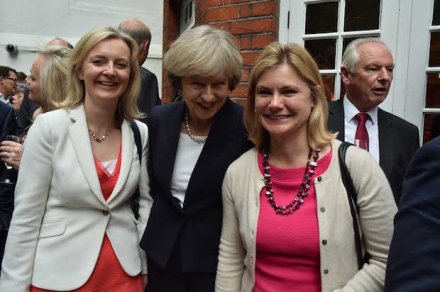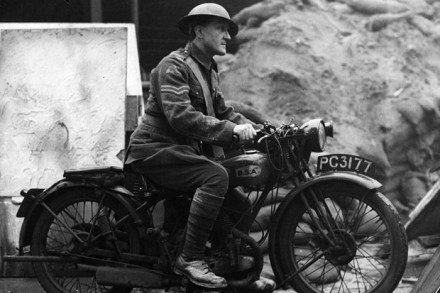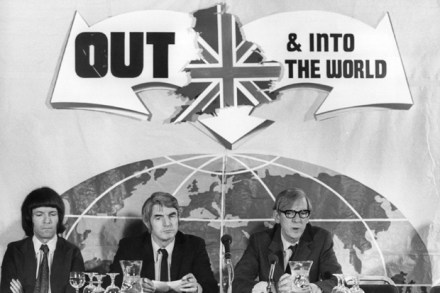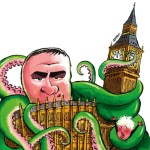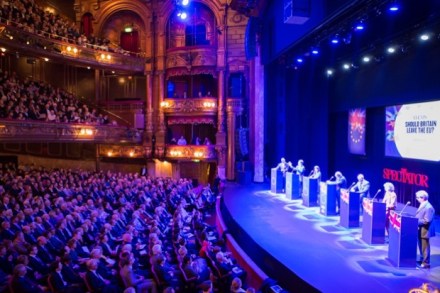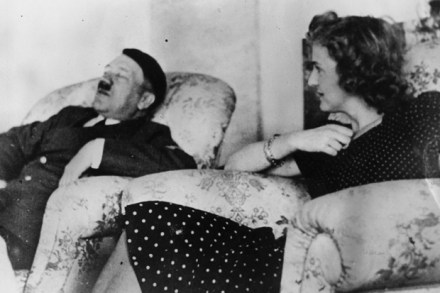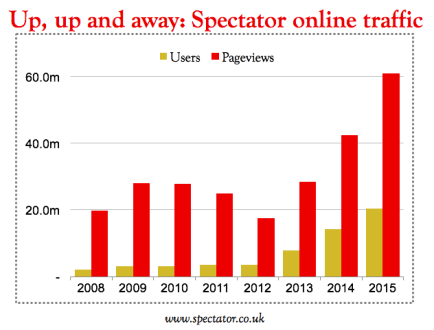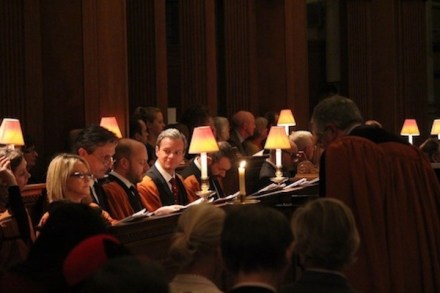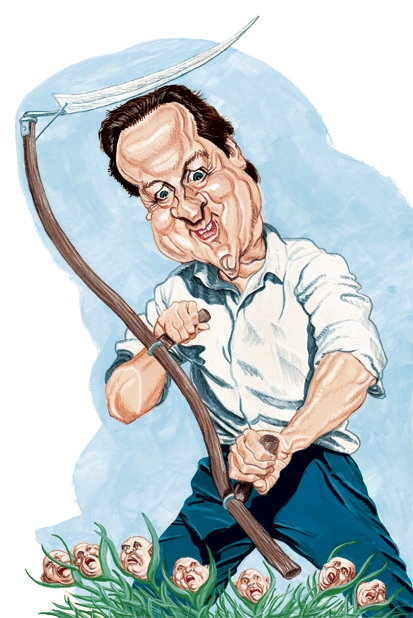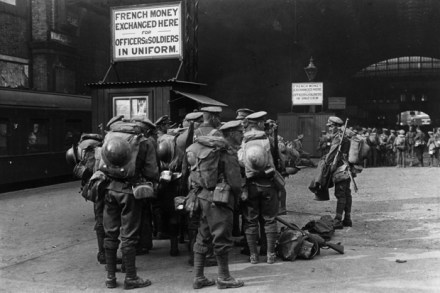The Spectator summer party, in pictures | 6 July 2016
In recent weeks, Westminster politicians have found themselves compared to the characters of House of Cards and Game of Thrones over their post-referendum antics. Happily, parliamentarians were able to put such differences aside on Wednesday night as they took a well-deserved break from work at The Spectator summer party. As Labour’s Rachel Reeves and Liz Kendall caught up with Liz Truss, Laurence Fox — the Lewis actor — put on a passionate display for the cameras with his male companion for the evening. Meanwhile with a Tory leadership contest underway, Theresa May made sure to do the rounds and rally support for her campaign at the champagne-fuelled bash. Her efforts did not go unrewarded, with Fox confiding to
